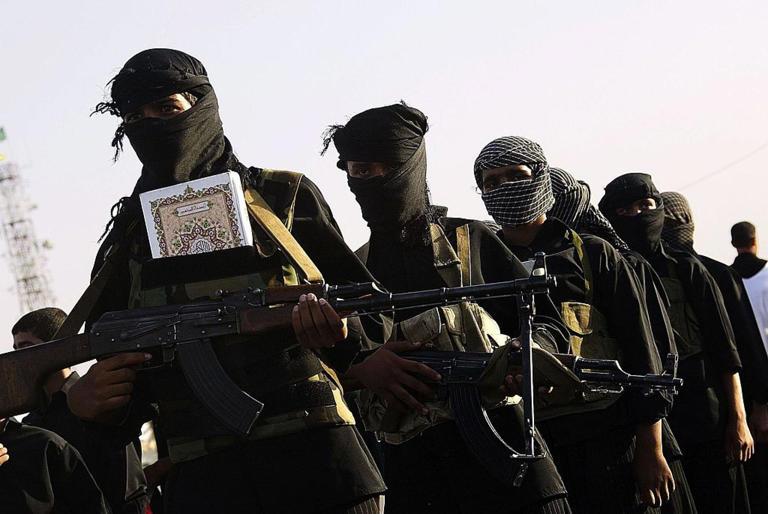
Hezbollah Launches Rockets: International Responses Flow In
Hezbollah’s Retaliation and Assurances
Hezbollah’s public statement about the attack revealed that it was an act of retaliation to prior Israeli strikes that resulted in the demise of three of their fighters. This apparent surge in hostilities has roused international concerns of escalating tensions in an already fragile region.
Interestingly, in a contrasting statement, Abdallah Bou Habib, the Foreign Minister of Lebanon, conveyed that he had procured promises from Hezbollah’s leadership that they would refrain from being a disruptive force in the Israeli conflict.
However, given the recent activities, the credibility of such assurances is now under scrutiny.
The Diplomatic Channels at Play
The United States, along with its allies, has been vigilant, urging Hezbollah to abstain from intensifying the already simmering tensions in Israel.
Despite palpable tensions at the frontier, senior officials from the administration are inclined to believe that Hezbollah might not indulge in the ongoing strife between Hamas and Israel. This perspective has been substantiated by the apparent efficacy of their warnings.
The intricacies of diplomatic dialogue are evident in the manner the U.S. communicates with Hezbollah. Due to the U.S. labeling Hezbollah as a terrorist entity, direct communications are prohibited. Hence, the U.S. has resorted to alternative channels, notably via the Lebanese government and Nabih Berri, the Speaker of the Lebanese parliament, who shares ties with Hezbollah.
Berri’s pivotal role as a mediator was highlighted during a congressional briefing on Sunday. Furthermore, France, acting on Israel’s plea, has also cautioned Hezbollah. They advised the group to eschew escalation and foster peace, hinting that Israel would launch a substantial response if provocations continued.
It’s worth noting that these dialogues were orchestrated in sync with the U.S., as revealed by a briefed source. A Western diplomat, shedding light on the ongoing diplomatic maneuverings, stated, “Western allies with informal contacts with Hezbollah have conveyed certain messages.” The current stance of Hezbollah, he noted, suggests “their current willingness to refrain from further escalation.” As the situation remains fluid, international players are fervently hoping that diplomatic engagements will deter further hostilities and pave the way for lasting peace in the region.
Source » msn.com





